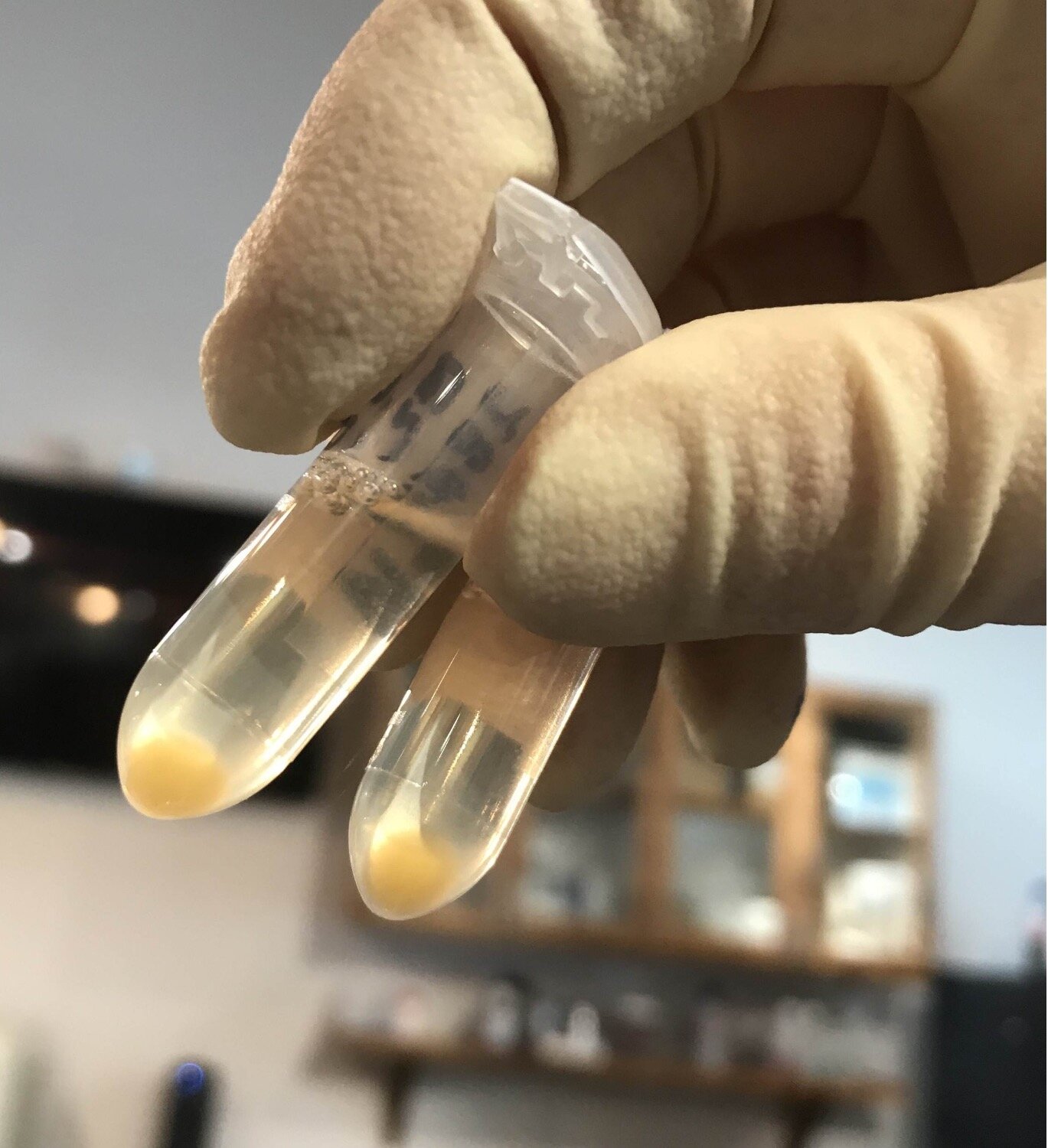
A highly accurate diagnostic blood test has been developed for amyotrophic lateral sclerosis (ALS), a progressive neurodegenerative disease that affects neurons in the brain and spinal cord.
ALS leads to gradual paralysis, ultimately resulting in the inability to walk, speak, or, in later stages, move. Currently, diagnosis is based on a thorough clinical examination, but it can take up to 12 months to provide a definitive diagnosis, by which time many patients have significantly deteriorated. Misdiagnosis rates vary widely, occurring in as many as 68% of cases, further complicating timely and accurate treatment.
Researchers from the not-for-profit Brain Chemistry Labs in Jackson Hole, Wyoming, published the paper, “A microRNA diagnostic biomarker for amyotrophic lateral sclerosis” in Brain Communications.
The diagnostic test requires only a simple blood draw and is based on small sequences of nucleic acids, known as microRNA, extracted from tiny vesicles released by the brain and nervous system.
Analysis of microRNA sequences from hundreds of patient samples allowed researchers to develop a unique “ALS fingerprint” comprising eight distinct microRNA sequences. These sequences can sensitively and specifically distinguish blood samples of ALS patients from healthy controls and from patients with conditions that mimic ALS in its early stages, with an overall accuracy of up to 98%.

Scientists hope the test will become a tool to help neurologists make more rapid diagnoses.
“Rapid diagnosis will allow treatment to begin earlier, leading to better outcomes for ALS patients,” said Brain Chemistry Labs scientist Dr. Sandra Banack, senior author on the paper.
This new test follows on the heels of three prior validation studies using different patient cohorts for a total sample size of 471, with many of the samples provided by the U.S. National ALS Biorepository.
Dr. Paul Alan Cox, Executive Director of the Brain Chemistry Labs, hopes to make this test widely available within 18 to 24 months to neurologists by securing a diagnostic company partnership.
More information:
Sandra Banack et al, A microRNA diagnostic biomarker for amyotrophic lateral sclerosis, Brain Communications (2024). DOI: academic.oup.com/braincomms/ar … 3/braincomms/fcae268
Provided by
Brain Chemistry Labs
Citation:
Rapid blood diagnostic test developed for amyotrophic lateral sclerosis (2024, September 12)
retrieved 13 September 2024
from https://medicalxpress.com/news/2024-09-rapid-blood-diagnostic-amyotrophic-lateral.html
This document is subject to copyright. Apart from any fair dealing for the purpose of private study or research, no
part may be reproduced without the written permission. The content is provided for information purposes only.


